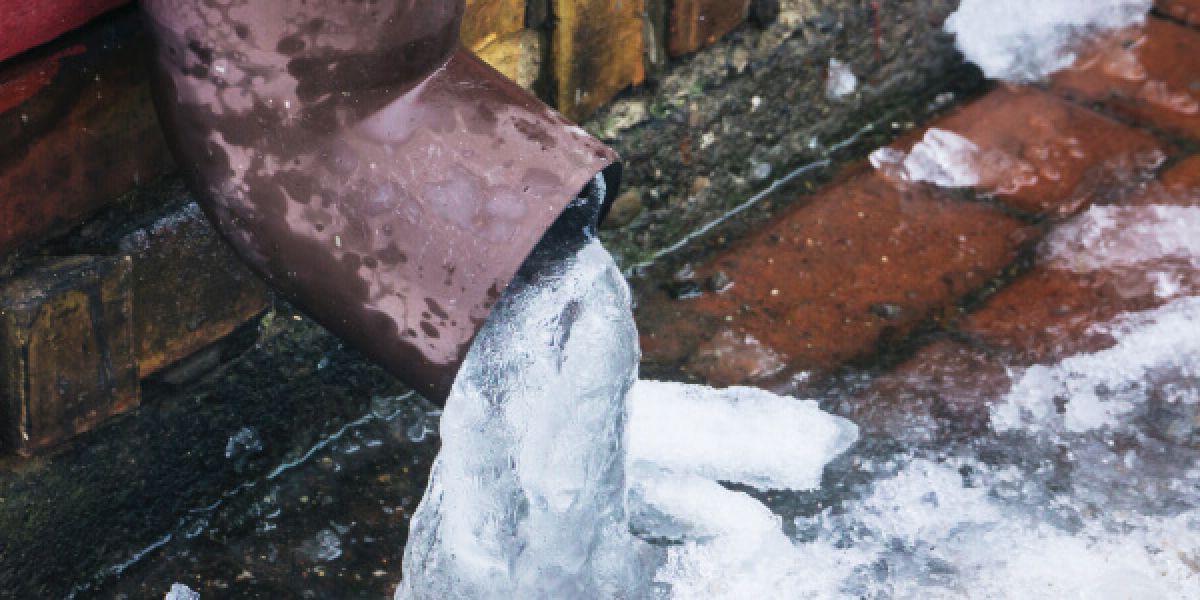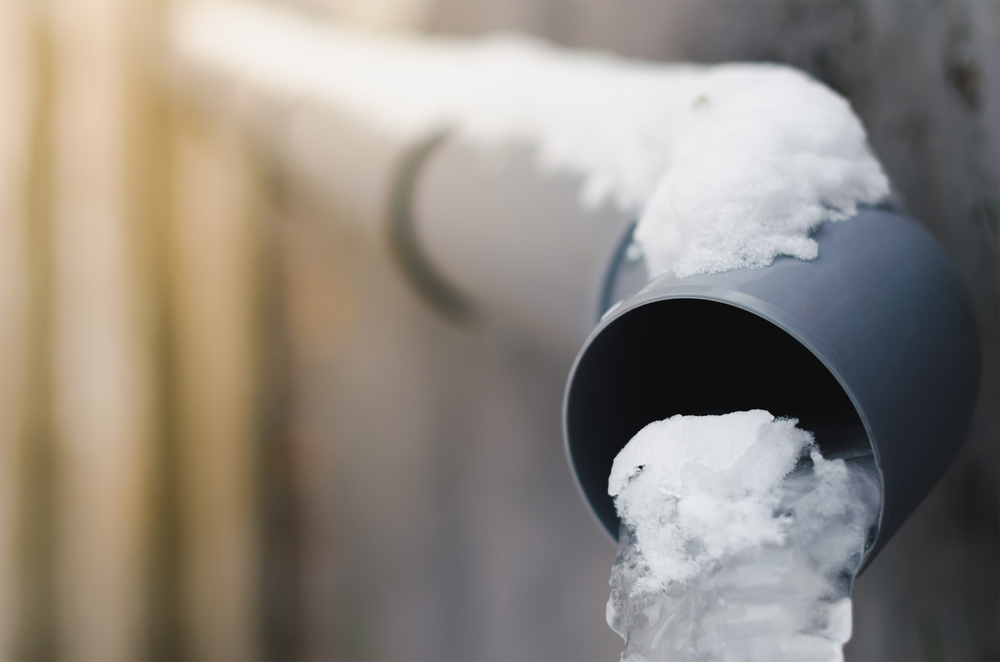Ways to Defend Pipes from Cold Weather: Specialist Advice
Ways to Defend Pipes from Cold Weather: Specialist Advice
Blog Article
The publisher is making a few good pointers on the subject of How to prepare your home plumbing for winter weather in general in this content on the next paragraphs.

Cold weather can ruin your plumbing, particularly by freezing pipelines. Below's exactly how to avoid it from happening and what to do if it does.
Introduction
As temperature levels drop, the threat of icy pipelines boosts, possibly resulting in costly fixings and water damages. Recognizing how to stop icy pipelines is critical for homeowners in cool environments.
Understanding Frozen Pipelines
What triggers pipelines to freeze?
Pipelines freeze when subjected to temperatures below 32 ° F (0 ° C) for expanded periods. As water inside the pipes ices up, it increases, taxing the pipe wall surfaces and potentially causing them to burst.
Risks and damages
Icy pipelines can cause supply of water interruptions, home damages, and costly fixings. Ruptured pipelines can flood homes and cause extensive architectural damage.
Signs of Frozen Piping
Determining icy pipes early can avoid them from breaking.
Just how to identify icy pipelines
Try to find decreased water flow from taps, uncommon smells or sounds from pipelines, and noticeable frost on subjected pipes.
Avoidance Tips
Shielding at risk pipes
Wrap pipes in insulation sleeves or use warmth tape to protect them from freezing temperature levels. Focus on pipelines in unheated or exterior areas of the home.
Home heating techniques
Keep interior spaces appropriately warmed, particularly locations with plumbing. Open up cabinet doors to enable warm air to flow around pipes under sinks.
Safeguarding Outside Pipes
Garden pipes and outdoor taps
Disconnect and drain yard hose pipes before winter months. Install frost-proof faucets or cover exterior faucets with protected caps.
What to Do If Your Pipelines Freeze
Immediate activities to take
If you suspect icy pipes, keep faucets available to eliminate stress as the ice melts. Utilize a hairdryer or towels soaked in hot water to thaw pipes gradually.
Long-Term Solutions
Structural changes
Think about rerouting pipelines far from exterior walls or unheated locations. Add additional insulation to attic rooms, basements, and crawl spaces.
Upgrading insulation
Purchase premium insulation for pipelines, attics, and wall surfaces. Appropriate insulation aids keep consistent temperatures and reduces the danger of frozen pipelines.
Final thought
Protecting against icy pipelines calls for positive procedures and quick reactions. By understanding the causes, indicators, and preventive measures, homeowners can protect their pipes throughout winter.
Helpful Tips to Prevent Frozen Pipes this Winter
UNDERSTANDING THE BASICS: WHY PIPES FREEZE AND WHY IT’S A PROBLEM
Water freezing inside pipes is common during the winter months, but understanding why pipes freeze, and the potential problems it can cause is crucial in preventing such incidents. This section will delve into the basics of why pipes freeze and the associated problems that may arise.
THE SCIENCE BEHIND FROZEN PIPES
When water reaches freezing temperatures, it undergoes a physical transformation and solidifies into ice. This expansion of water as it freezes is the primary reason pipes can burst. As the water inside the pipe freezes, it expands, creating immense pressure on the walls. If the pressure becomes too great, the pipe can crack or rupture, leading to leaks and water damage.
FACTORS THAT CONTRIBUTE TO PIPE FREEZING
Low Temperatures: Extremely cold weather, especially below freezing, increases the risk of pipes freezing. Uninsulated or Poorly Insulated Pipes: Pipes located in unheated areas, such as basements, crawl spaces, or attics, are more prone to freezing. Insufficient insulation or lack of insulation altogether exacerbates the problem. Exterior Wall Exposure: Pipes running along exterior walls are susceptible to freezing as they encounter colder temperatures outside. Lack of Heating or Temperature Regulation: Inadequate heating or inconsistent temperature control in your home can contribute to frozen pipes. PROBLEMS CAUSED BY FROZEN PIPES
- Pipe Bursting: As mentioned earlier, the expansion of water as it freezes can cause pipes to burst, resulting in significant water damage.
- Water Damage: When pipes burst, it can lead to flooding and water damage to your property, including walls, ceilings, flooring, and personal belongings.
- Structural Damage: Prolonged exposure to water from burst pipes can compromise the structural integrity of your home, leading to costly repairs.
- Mold and Mildew Growth: Excess moisture from water damage can create a favorable environment for mold and mildew growth, posing health risks to occupants.
- Disrupted Water Supply: Frozen pipes can also result in a complete or partial loss of water supply until the issue is resolved.
WHY CERTAIN PIPES ARE MORE PRONE TO FREEZING
- Location: Pipes located in unheated or poorly insulated areas, such as basements, crawl spaces, attics, or exterior walls, are at higher risk of freezing.
- Exterior Pipes: Outdoor pipes, such as those used for irrigation or exposed plumbing, are particularly vulnerable to freezing as they are directly exposed to the elements.
- Supply Lines: Pipes that carry water from the main water supply into your home, including the main water line, are critical to protect as freezing in these lines can affect your entire plumbing system.
- Underground Pipes: Pipes buried underground, such as those connected to sprinkler systems or outdoor faucets, can be susceptible to freezing if not properly insulated.
https://busybusy.com/blog/helpful-tips-to-prevent-frozen-pipes-this-winter/

Do you really like reading up on Prevent Frozen Pipes ? Write feedback down below. We'd be glad to see your ideas about this blog. In hopes to see you back again later on. Liked our review? Please share it. Help other people discover it. I treasure your readership.
Book Instantly Report this page